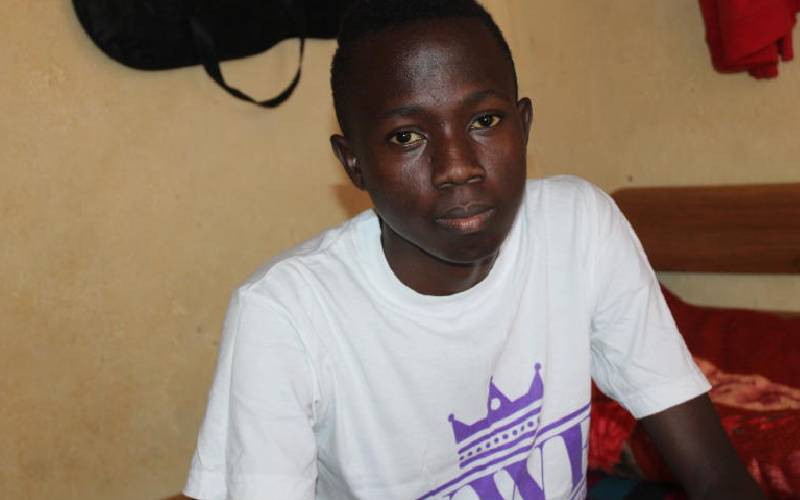×
The Standard e-Paper
Kenya’s Boldest Voice

When Dancan Ekaya was born, his parents, Rukia Achieng and Richard Simiyu noticed some worrying symptoms in their child.
According to Dancan, his parents noticed that he was not only crying a lot, his body and limbs also seemed swollen.